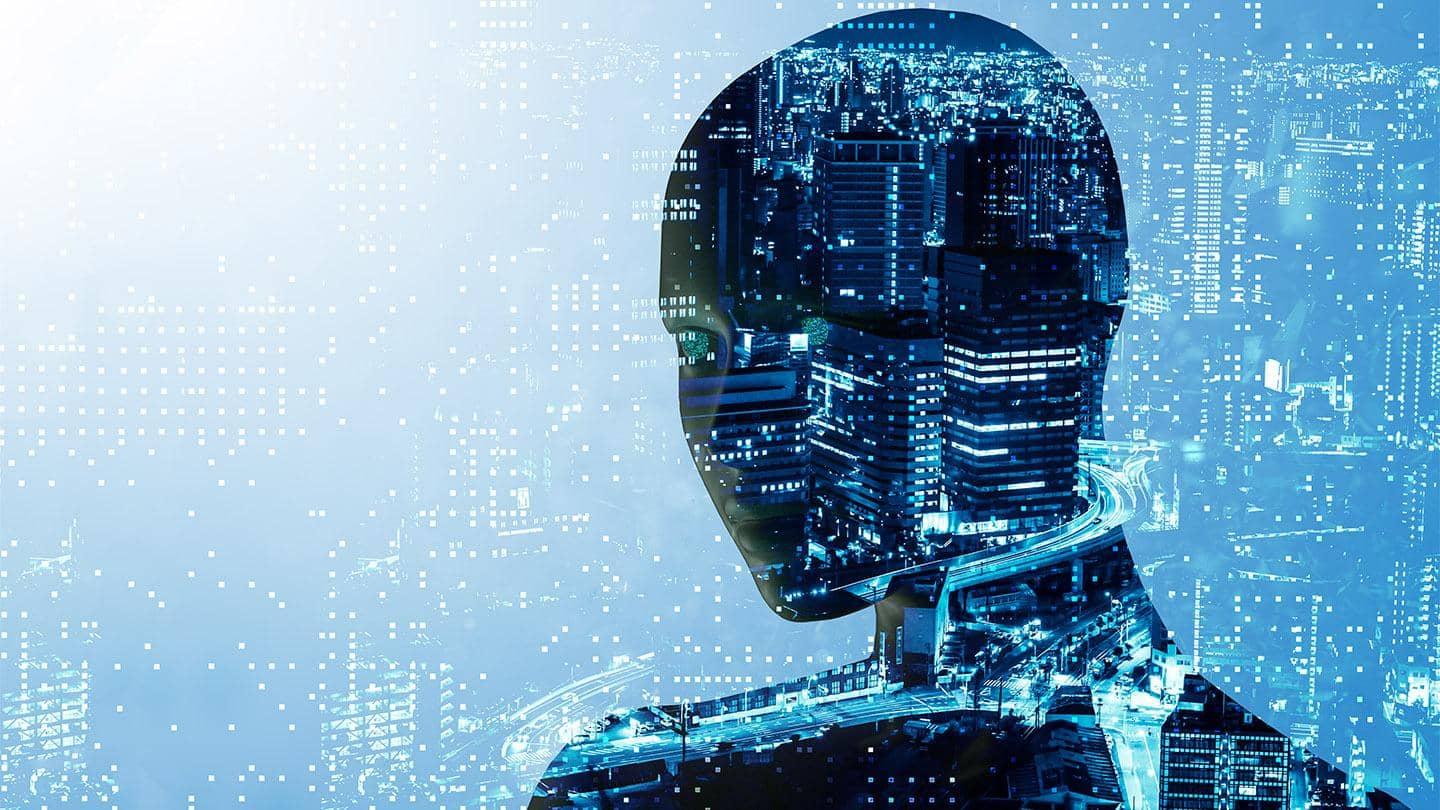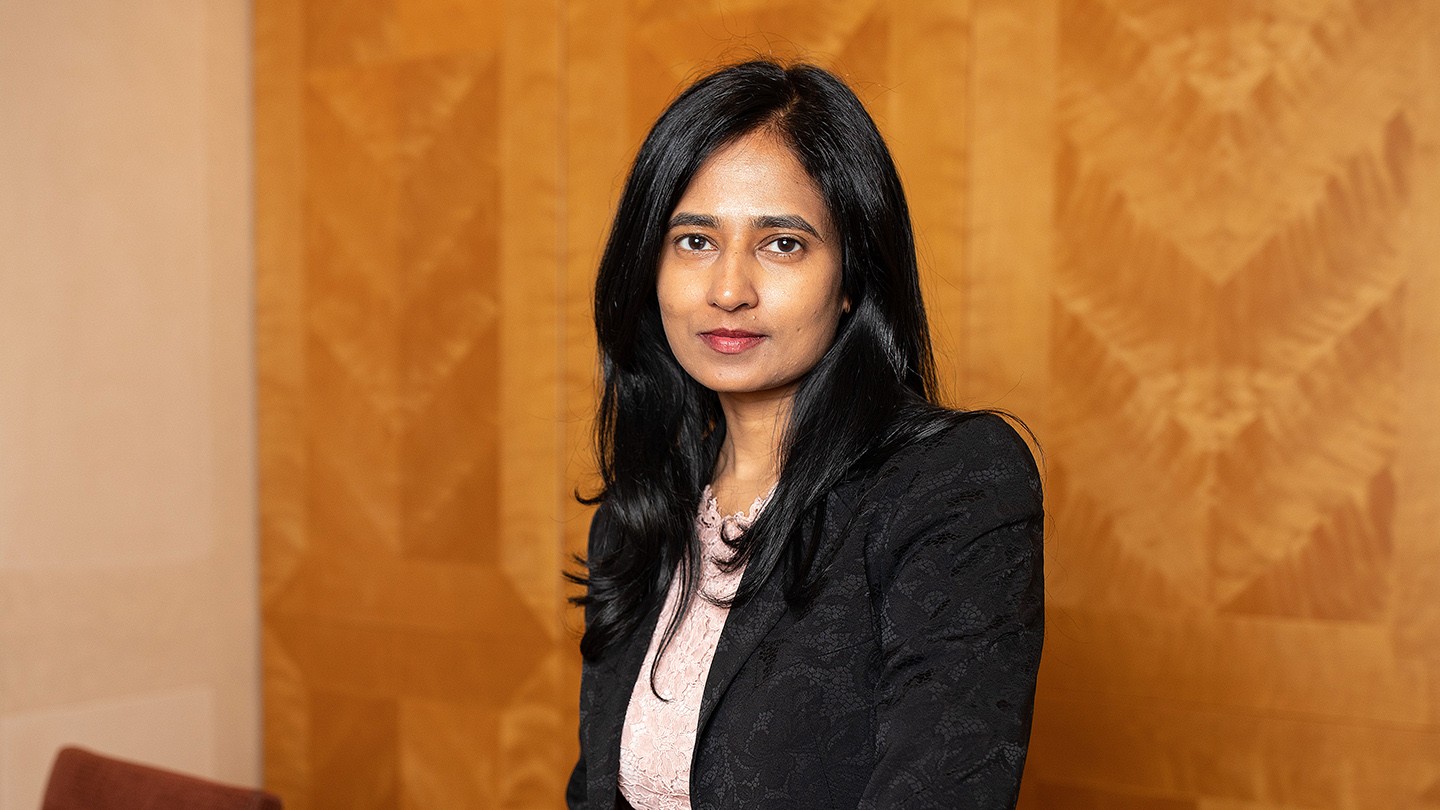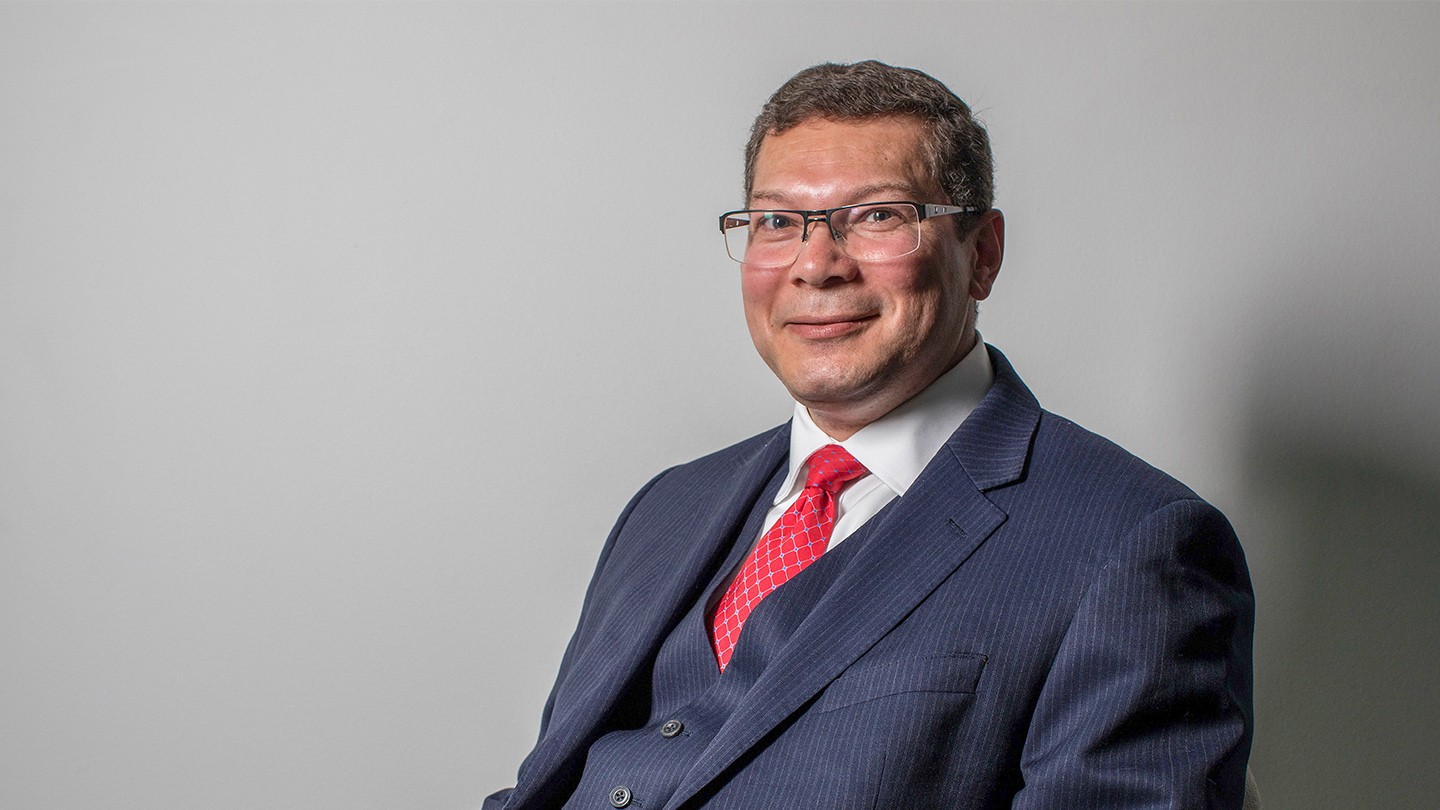
innovation
Machines can’t do it by themselves
Machine learning – technology based on computer models that can learn from experience – is already changing the face of financial services. What are the implications of this brave new tech for customers and clients, and what does it mean for the world of work? Three Barclays experts share their predictions.
Machine learning will augment the work humans do, not replace it
Asita Anche, Head of Systematic Market Making and Head of Data Science at Barclays’ Investment Bank, argues that, within financial services at least, developments in the application of machine learning are augmenting the human workforce rather than replacing them. In many cases, tasks are being simplified and taken over by machines, with employees being left with more time to focus on delivering innovation and improvements in other areas of their businesses.
“We are already getting value from smart machines in the Investment Bank – most obviously in the efficiencies that machine learning is driving on the trading floor,” says Anche. “It is taking repetitive jobs off our traders’ hands, freeing us up to spend more time focusing on delivering high impact results for our clients and our business.”

It is taking repetitive jobs off our traders’ hands, freeing us up to spend more time focusing on delivering high impact results for our clients and our business
Head of Systematic Market Making and Head of Data Science at Barclays Investment Bank
Machine learning will create new jobs and skills
As well as augmenting the work of humans, Dr Isaac Ben-Akiva, Head of Machine Learning at Barclays, says machine learning is creating new job opportunities based on the required training, supervision and continual refinement of the technology. “Above all it is important to bear in mind that machine learning can’t reason, and therefore can’t fulfil the role that humans need to,” he explains.
“It is true that machines can play an important role in supporting the work we do, but fundamentally human oversight and decision-making will always be paramount in the workforce of the future.”
It is true that machines can play an important role in supporting the work we do, but fundamentally human oversight and decision-making will always be paramount in the workforce of the future
Head of Machine Learning at Barclays

Machine learning will improve accuracy
“At Barclays we are creating and implementing efficiencies by eliminating repetitive everyday tasks that require little human skill but would otherwise take up large amounts of employees’ time,” says Keith Little, Head of Fraud, Merchant Services and Platform Capabilities Technology at Barclays.
This includes areas such as data monitoring and number crunching in fraud prevention, an intricate and vitally important area of work, in which accuracy is crucial. “For Barclays in the UK, our particularly rich datasets and advances in cloud computing mean we are using AI more and more effectively in fraud detection and prevention. The accuracy of our fraud detection tools is paramount, and ultimately this comes down to the quality and quantity of the data available to feed into our decision algorithms,” continues Little.

At Barclays we are creating and implementing efficiencies by eliminating repetitive everyday tasks that require little human skill but would otherwise take up large amounts of employees’ time
Head of Fraud, Merchant Services and Platform Capabilities Technology at Barclays
Machine learning will improve customer and client experience
“One prime example of the way advances are improving outcomes for customers and clients is our customer chatbot technology,” says Ben-Akiva.
“We have great depth of experience in resolving customer needs, and, as a result, a wealth of data on the ways in which customer issues are caused and resolved. Machines have the capability to sift through this data much faster than humans, meaning they are better able to quickly and accurately match customers with the answers they seek based on our experience and insight.”